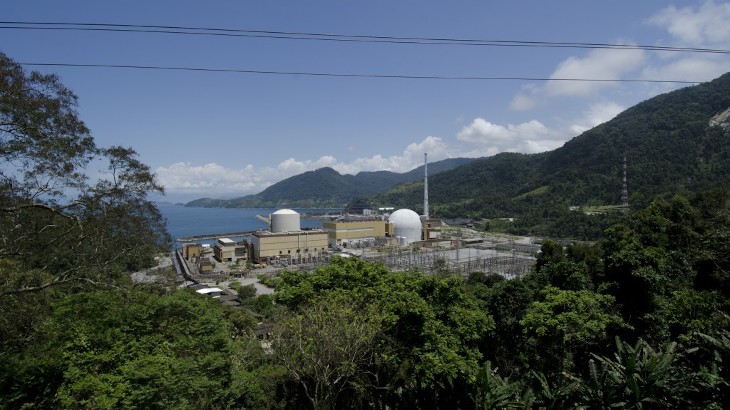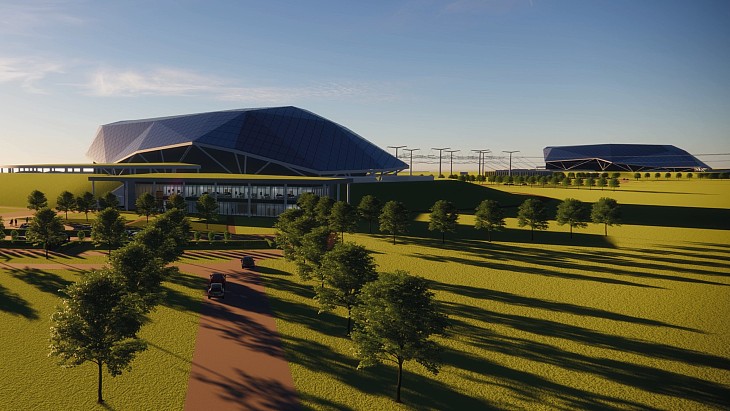The review was requested by Eletrobras Eletronuclear, the operator of the plant in Brazil, and examined measures taken following recommendations in an IAEA pre-SALTO mission in 2018.
Team leader, IAEA Nuclear Safety Officer Martin Marchena, said: "The team observed that the operator is preparing unit 1 for safe LTO in a timely manner. Based on its efforts to address recommendations made by the SALTO team in 2018 the plant has made significant improvements in the area of ageing management. The SALTO team encourages plant management to address the remaining findings from the 2018 mission and implement all activities for safe LTO."
The team said the plant had developed and implemented a formal policy and improved organisational arrangements for LTO; completed the identification and revalidation of the Time Limited Ageing Analyses used to calculate material fatigue or corrosion over time; and completed the development and started the implementation of a large number of Ageing Management Programmes.
But they also said that the plant needed to fully implement a comprehensive programme to confirm resistance of electrical components to harsh conditions (called equipment qualification) and that long-term workforce planning for the LTO period is developed and implemented.
Angra site director João Carlos said: "We have worked together with the IAEA for the past four years carrying out several workshops and technical support missions, also sending our engineers to actively participate in review missions, working groups and technical meetings. We appreciate the IAEA’s support of our plant in managing ageing and preparation for safe LTO, and we will continue to improve our processes to further comply with IAEA safety standards."
A draft report was given to Brazil's nuclear regulator at the conclusion of the visit, with a final report to be submitted to the plant management, the regulator and the Brazilian government within three months.
Angra 1 reached criticality in 1982 and entered commercial operation in 1985. The pressurised water reactor (PWR) has a design capacity of 640 MWe (net capacity 609 MWe). Eletrobras Eletronuclear also operates Angra 2, a 1275 MWe (net) PWR which began commercial operation in 2001.
A SALTO peer review is a comprehensive safety review addressing strategy and key elements for the safe long-term operation of nuclear power plants. SALTO missions complement IAEA Operational Safety Review Team (OSART) missions which are designed as a review of programmes and activities essential to operational safety. SALTO peer reviews can be carried out at any time during the lifetime of a nuclear power plant, although according to the IAEA the most suitable time lies within the last ten years of the plant's originally foreseen operating period. SALTO and OSART reviews are carried out at the request of the IAEA member country in which the review is to take place.





_19544_40999.jpg)


_66668.jpg)





